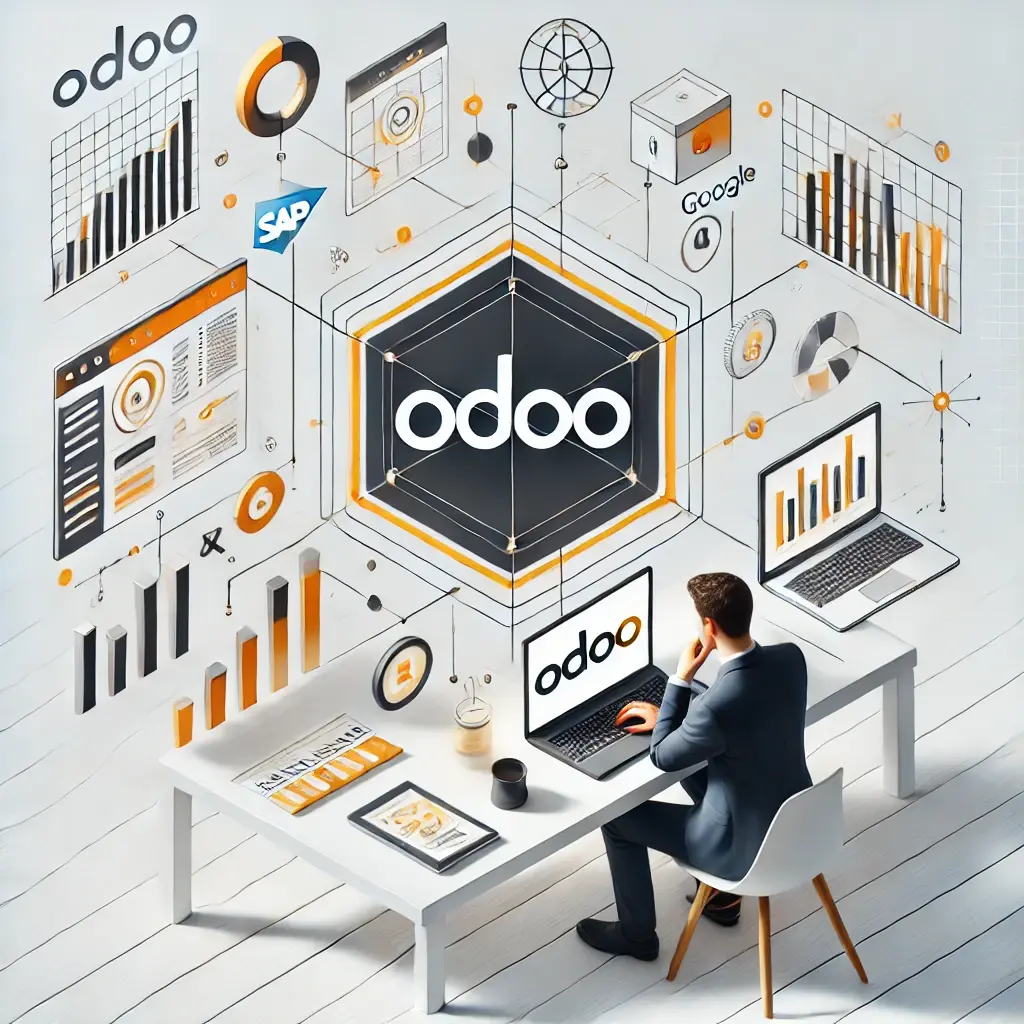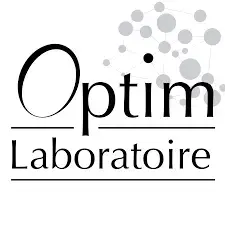Deploying an ERP system sounds simple on paper. But in reality? That's another story.
And if you're here, it may be because you're asking yourself the question that many are asking themselves in 2025: "Why do so many Odoo projects end up going off the rails, or even failing outright?"
It's a powerful, comprehensive, modular tool. And yet, in many companies, initial enthusiasm quickly gives way to frustration. Bugs, delays, slow adoption... You know the drill?
So where does the problem come from? And above all, how can it be avoided?
What you rarely hear about implementing an ERP like Odoo
Let's take a concrete example: an SME in the logistics sector wants to centralize its inventory management, sales, accounting and activity reports. It chooses Odoo, thinking that everything will be "plug and play".
Spoiler: it's not.
Why is that? Because ERP touches everything. Absolutely everything.
Each module interacts with the others. An incorrect configuration in the "Purchasing" module can have repercussions on accounting, inventory and even BI.
The result?
- Disorientated teams.
- Misaligned processes.
- Return on investment postponed... or compromised.
And that's not an Odoo flaw. It's a flaw in the approach.
Complex structures: a slippery slope without a solid methodology
The larger or more decentralized the organization, the greater the risks. You have to manage a multiplicity of often heterogeneous processes. Existing tools don't talk to each other. Users are spread over several sites, or even countries.
In these contexts, an Odoo project without solid management can quickly go off the rails. It's not enough toinstall applications The key is to integrate them intelligently into the existing environment, while maintaining a global vision.
The secret? Expert support from A to Z
To succeed in an Odoo project, you need a clear vision, a rigorous project management methodology, and above all a partner who knows the terrain.
TSC Experts supports its customers with a tailor-made approach, structured around several key stages:
- Pre-audit of business processes
- Definition of real needs (no standard catalogs)
- Modular implementation of the Odoo solution (CRM, management, finance, logistics, HR...)
- End-user training
- Ongoing technical and strategic support
It's this support that makes the difference between an ERP that's suffered and one that's embraced.
Focus: critical modules not to be underestimated
We often talk about CRM, accounting or sales. But in reality, it's the "invisible" modules that cause the most friction when they're poorly thought out:
- Warehousing & logistics: managing warehouses, locations, receipts and shipments is often the sinews of war. If your logistics flows are off, your sales suffer.
- Purchasing: without automation or good supplier management, the supply side quickly becomes a mess.
- Reporting & BI: no steering possible without reliable data. And without properly configured dashboards... Excel takes over.
These modules are often interconnected. A flaw in one can cause the whole system to seize up. And this is where expertise makes the difference: a good Odoo consultant knows how to identify cascading effects and anticipate them.

The keys to a successful Odoo project in 2025
Here are the foundations of a successful deployment:
- Make a clear diagnosis of your needs and processes
- Choose the right modules for your business
- Involve your teams from the outset
- Work with an experienced partner like TSC Experts
- Think long-term: ERP is not a sprint, but a decisive project for your future.
In 2025, a successful Odoo project is no longer a matter of luck. It's a question of method, dialogue and skills.
What to do?
Implementing Odoo isn't just about installing software. It means overhauling your processes, tools and habits. And that can't be improvised. So yes, some projects fail. But above all, there are projects that succeed - because they are well supported.
Take the time to make the right choices. And if you're not sure, talk to others who do it every day.
Experts who know Odoo inside out, but above all, who know how to listen to your needs, understand your constraints, and work with you to build a solution that fits your company's reality.
Because at the end of the day, a successful ERP project isn't just about software. It's about method, trust and collaboration.
And that, at TSC Experts, is precisely what we do.



































